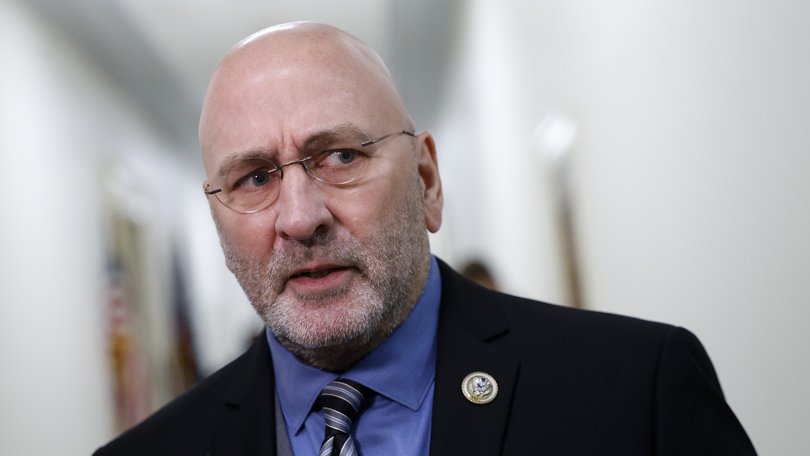Who is Clay Higgins and why did he vote no to releasing Epstein files? Republican breaks silence
When the US House voted on the Epstein Files Transparency Act, one lone Republican voted no. Now, he has explained why.

When the US House voted on the Epstein Files Transparency Act, one lone Republican voted no. Now, he has explained why.
Clay Higgins, Republican Representative for Louisiana, did not join 427 other Representatives who, in stunning bipartisan unity, voted to release the files.
Shortly after the vote, Who is Clay Higgins began trending as the world attempted to learn why the Republican voted no.
Sign up to The Nightly's newsletters.
Get the first look at the digital newspaper, curated daily stories and breaking headlines delivered to your inbox.
By continuing you agree to our Terms and Privacy Policy.Now, Mr Higgins, 64, who has been an elected Republican Representative since 2017, has broken his silence, defending his decision to be the only person to vote no on the Epstein Files Transparency Act.
“I have been a principled ‘NO’ on this bill from the beginning,” Mr Higgins said in a statement published on X.
“What was wrong with the bill three months ago is still wrong today.
“It abandons 250 years of criminal justice procedure in America.
“As written, this bill reveals and injures thousands of innocent people – witnesses, people who provided alibis, family members, etc.
“If enacted in its current form, this type of broad reveal of criminal investigative files, released to a rabid media, will absolutely result in innocent people being hurt. Not by my vote.
“The Oversight Committee is conducting a thorough investigation that has already released well over 60,000 pages of documents from the Epstein case.
“That effort will continue in a manner that provides all due protections for innocent Americans.
Mr Higgins, who is a staunch Trump supporter, mentioned the potential of the bill returning to the House after it goes to the Senate.
“If the Senate amends the bill to properly address privacy of victims and other Americans, who are named but not criminally implicated, then I will vote for that bill when it comes back to the House.”
Although the bill has known support in the House, its fate in the Senate is less clear.
The pathway to law is passing the House, then the Senate, before the act turns up on US President Donald Trump’s desk, where he ultimately has final say on signing it, or performing a presidential veto.
The bill could be sent back to the House by the Senate though before it even makes it to Mr Trump’s Oval Office desk.
Reacting to Mr Higgins’ post, Akash Maniam wrote: “The victims themselves have been pleading for the release of those files. Their voices should count the most. Of course the files should be made public. Only then can justice come.”
The Libertarian Party of Mississippi wrote: “It’s been nearly 6 1/2 years, and not a single one of Epstein’s clients/guests have been publicly charged. The system has already failed the victims - it’s time to expose the elite that have been protected all of this time.”
